Secondary Physics
KS3 ŌĆó Ages 11-14
Physics with Professor Brian Cox - Forces, speed and motion
Professor Brian Cox discusses forces, speed and motion including Newton's First Law, Hooke's Law and an introduction to speed calculations.
- AttributionKS3 ŌĆó Ages 11-14
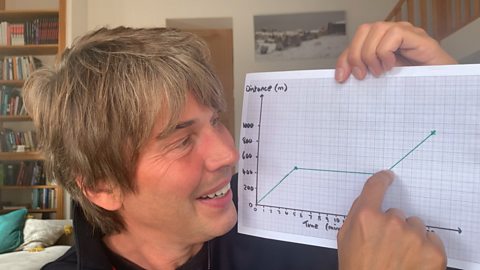
Physics with Professor Brian Cox - Space Science
Professor Brian Cox discusses space physics, answering questions such as, 'Why do we have days, nights and seasons?' and, 'What is the Milky Way?'.
- AttributionKS3 ŌĆó Ages 11-14
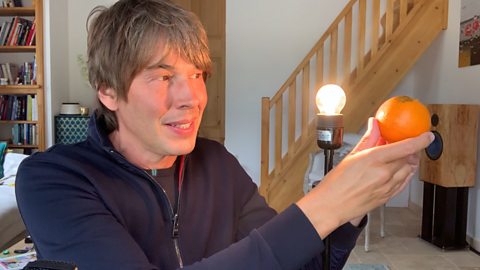
Physics with Tim Peake
Astronaut Tim Peake introduces some handpicked Physics clips from the ┤¾Ž¾┤½├Į archive, looking at topics including motion and forces and the Solar System.
- AttributionKS3 ŌĆó Ages 11-14
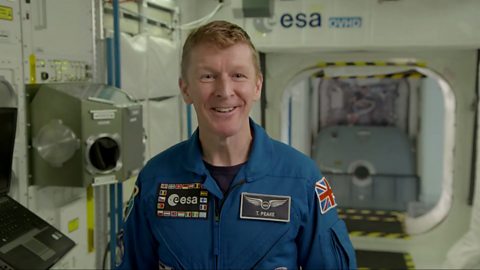
Royal Institution Christmas Lectures - How to Survive in Space
From the historic Royal Institution, space doctor Kevin Fong takes us on a ride from launch to orbit and the cosmos beyond for the annual children's Christmas Lectures.
- AttributionKS3 ŌĆó Ages 11-14
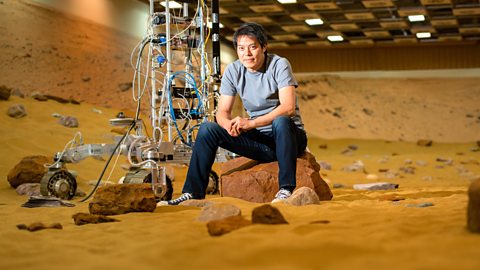
How do vibrations in the air lead to a sound we can hear?
Professor Sophie Scott uses a tuning fork and a high speed camera to show what is physically happening when we hear sounds.
- AttributionKS3 ŌĆó Ages 11-14
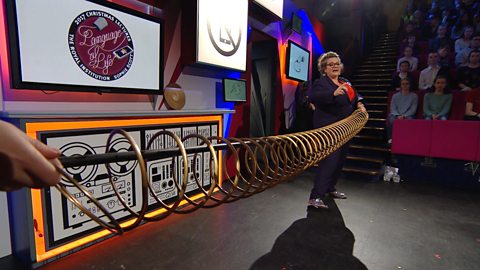
The Secrets of Everything
Greg Foot with the science behind questions such as, 'Why is the sky blue?', 'Why is fire hot?' and 'If the whole world jumped at the same time would the planet move?'.
- AttributionKS3/GCSE ŌĆó Ages 11-16
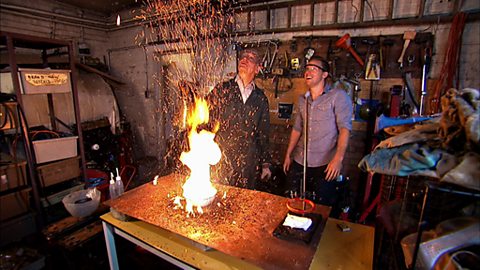
Practical science challenges
Presenter Steve Mould explores a range of amazing practical science challenges, looking at topics including pulleys, gears and water resistance.
- AttributionKS3 ŌĆó Ages 11-14
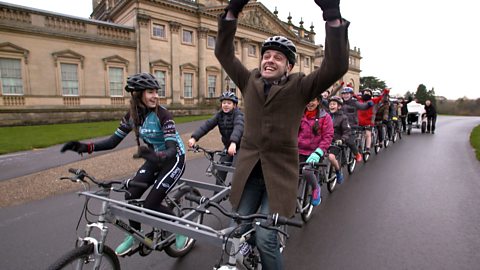
The Science of Space Dive
The science behind the fastest and highest skydive in history, including gravity, free fall, air resistance, terminal velocity and the dangers of altitude.
- AttributionKS3 ŌĆó Ages 11-14
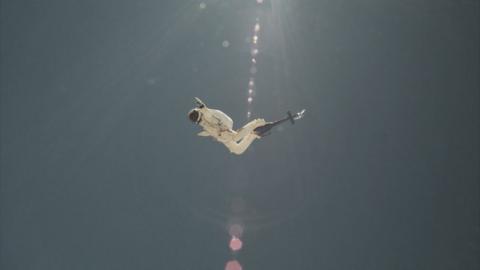
GCSE ŌĆó Ages 14-16
GCSE required practicals - Biology, Physics and Chemistry
Each film focuses on a GCSE Required Practical included in AQA, Edexcel and OCR specifications.
- AttributionGCSE ŌĆó Ages 14-16
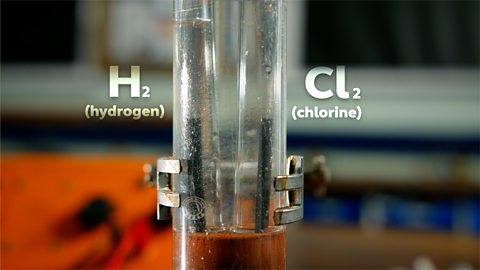
Wonders of the Universe
Proffessor Brian Cox explains the science at the heart of the universe, including the Big Bang, gravity, the speed of light, black holes, time and entropy.
- AttributionKS3/GCSE ŌĆó Ages 11-16
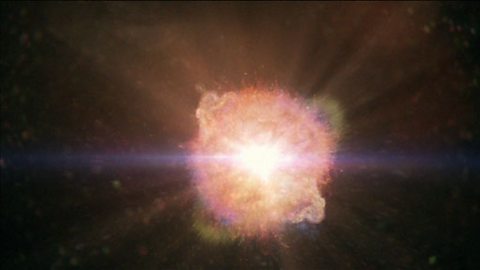
The Genius of Invention
Michael Mosley, Cassie Newland and Mark Miodownik examine the inventions that led to the electrical, the transport and the communication revolutions that shaped the modern world.
- AttributionGCSE ŌĆó Ages 14-16
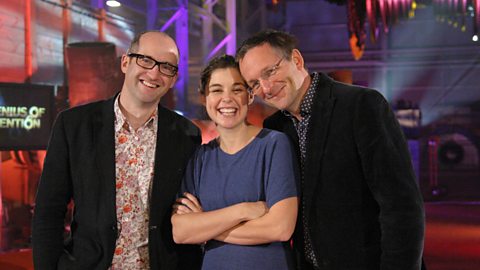
Space Science Bites
Jon Chase brings alive a series of fun and engaging demonstrations introducing the subject of space science.
- AttributionGCSE ŌĆó Ages 14-16
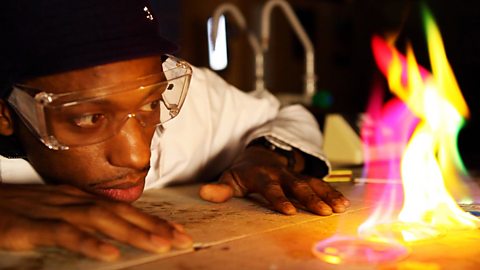
Physics Bites
Jon Chase brings school science to life using music, magic tricks and everyday objects for topics including reflection, refraction, friction, radioactive decay, and Newton's third Law.
- AttributionKS3/GCSE ŌĆó Ages 11-16
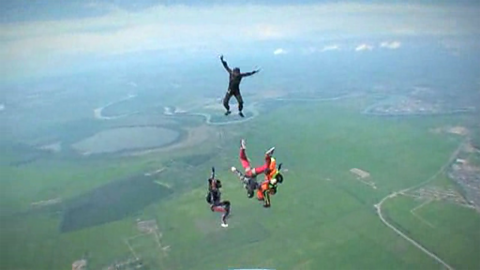
Science Britannica
Brian Cox explores 350 years of British science and finds out how it has helped shape the world.
- AttributionGCSE ŌĆó Ages 14-16
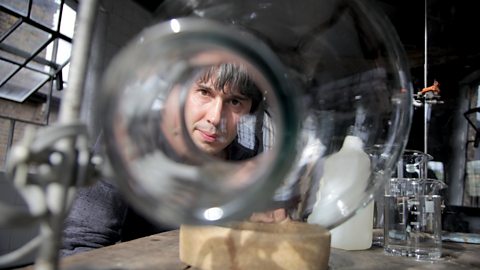
Materials: How they work
Materials scientist Mark Miodownik takes a look into the inner world of metals, ceramics and plastics and the microscopic structure that allows them to function.
- AttributionKS3/GCSE ŌĆó Ages 11-16
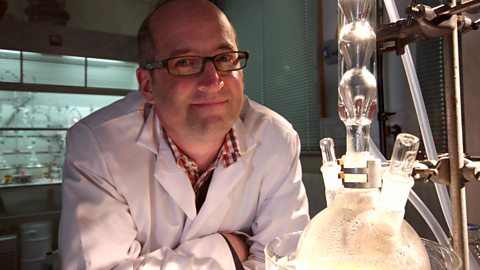
Wave World
Jon Chase meets a range of individuals who are using wave science to do things in the real world: destroying glasses, creating images, powering cars and recording music.
- AttributionKS3/GCSE ŌĆó Ages 11-16
